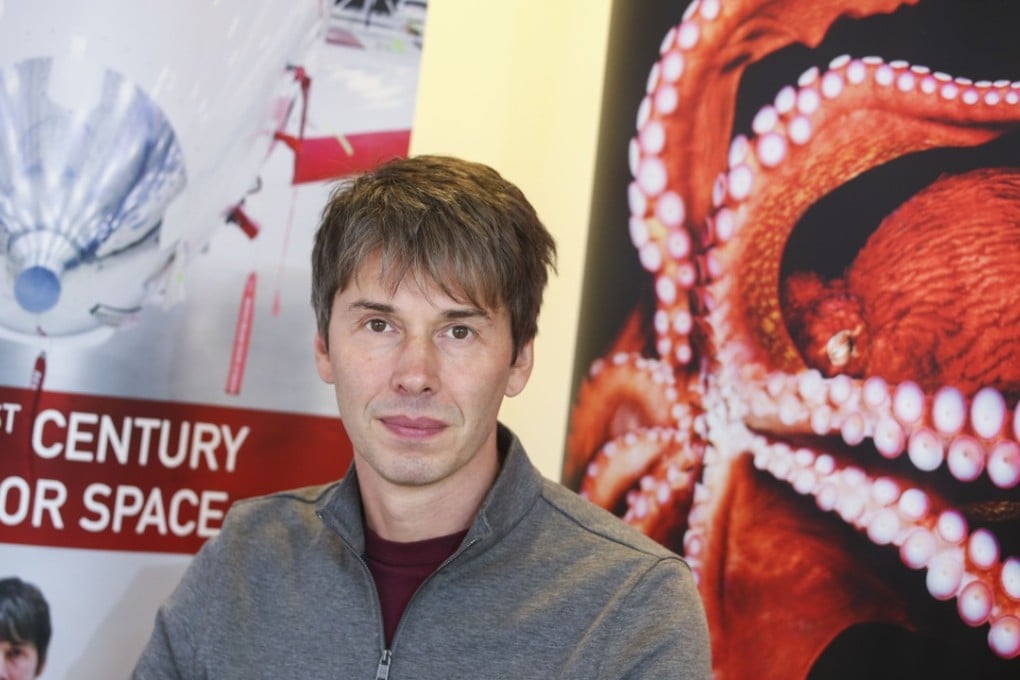Why human race is 20 years away from guaranteeing its immortality – physicist Brian Cox on space colonies and mining asteroids
Professor believes we will become a spacefaring civilisation in the next 10 or 20 years, and thereby guarantee our future forever, as long as we don’t do anything stupid like ‘having a war in the Pacific’

Professor Brian Cox has high hopes for the future of mankind. The answer to many of our earthly dilemmas, the British scientist believes, lies in the cosmos, where there is an untapped wealth of resources capable of meeting the human race’s ever-increasing needs. That is, of course, as long as we can keep our tendency towards idiocy at bay.
“If we can avoid doing anything stupid over the next 10 or 20 years – breaking the international order, having a war in the Pacific or something – then we secure our future effectively forever,” says the lauded physicist and television presenter.
There is no rush to explore beyond the limits of our solar system when we have everything we need right here, Cox says, explaining that our closest planets and asteroid belts offer “effectively infinite” mineable resources, including valuable heavy metals such as nickel, cobalt and gold.
My life: Brian Cox
And Cox, 49, expects to watch the human race begin to colonise other planets within his lifetime.
“We’re at a stage now where the next 10 or 20 years are the time we become a spacefaring civilisation,” he says. “From then on, our future is guaranteed as a civilisation. The moment we get to the moon and Mars and start to exploit the resources in the solar system is the moment we become essentially immortal as a civilisation. Because we won’t just be confined to one planet that we can damage any more. Now is the time we do that.”
We catch up with the scientist and television star at Hong Kong’s Mandarin Oriental hotel during his stop-off in the city for several days following a tour of Australia with his stadium-sized, Guinness World Record-holding science show, Professor Brian Cox Live.
